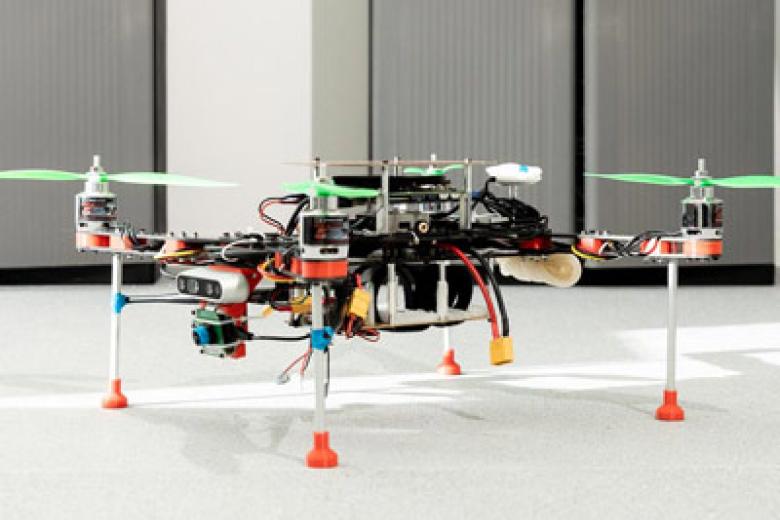fse-dsdm-curriculum-2019-2020.pdf
(154.14 KB, PDF)
… in many real-world processes. Particularly in industrial processes there are often constraints on the order in which tasks can be performed. This leads to natural, industrially-critical optimization problems. For example, a company might choose to buy many machines to process tasks but then there is a risk that the machines will be underused, which is economically inefficient. On the other hand, too few machines, or an inappropriate ordering of tasks, and machines might spend a significant … for the output of other machines. In this course the various mathematical techniques for optimizing planning and scheduling problems are investigated. Various models will be investigated such as single-machine models, parallel-machine models, job-shop models. The complexity of algorithms and models will be emphasized. After completing this course, students will understand the mathematics and algorithms associated with modelling and solving planning/scheduling problems. Students will be able to … of simulation, such as the model cycle, discrete event simulation, output analysis and experimental design. Students will be able to employ simulation as a tool for evaluation. Prerequisites Calculus (1&2), Linear Algebra Recommended reading 1. Nonlinear Programming, Theory and Algorithms, by Bazaraa, Sherali, and Shetty (Wiley). 2. Combinatorial Optimization, Algorithm and Complexity, by Papadimitriou and Steiglitz (Dover Publications). …



